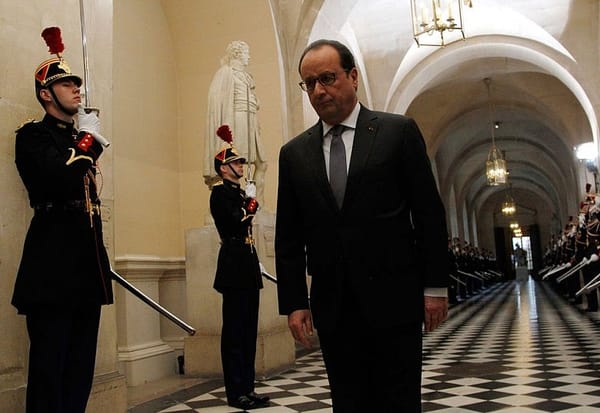Is religion or law our nation’s shared narrative?

All cultures require a common narrative of identity in order to maintain viability. Religious narratives often serve this purpose well. Religious narratives bind people together in political community. But "we the people of the United States of America" are not bound by a common religious narrative. Our national motto, e pluribus unum, reflects our commitment to both pluralism and unity. Religious pluralism (reflected in both the Establishment and Free Exercise clauses of the First Amendment) precludes a common religious narrative. Without the possibility of a shared religious narrative, what is it that unites our culture?
Law, not religion, is our shared narrative. This explains what I meant in my last post by describing law is our "national religion." Our framers were deeply indebted to the Western tradition which is itself deeply indebted to Judeo-Christian tradition. But it is a mistake, and a significant one, to argue that our framers established a Christian nation. It is a mistake no less severe to argue that the framers established a secular nation without faith and opposed to religious belief.

